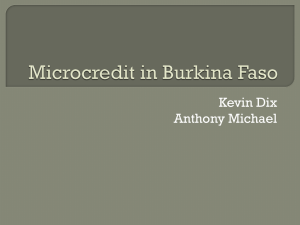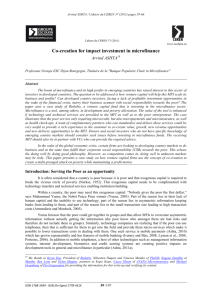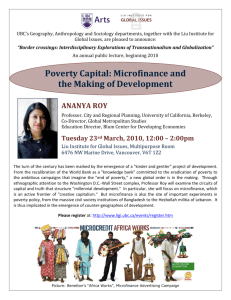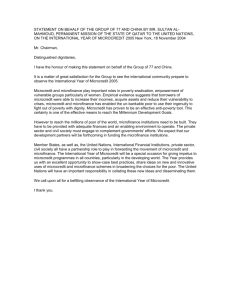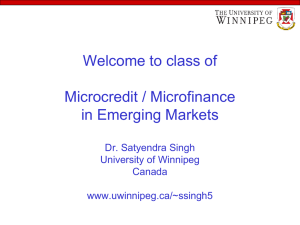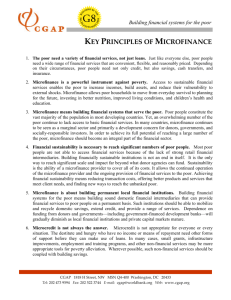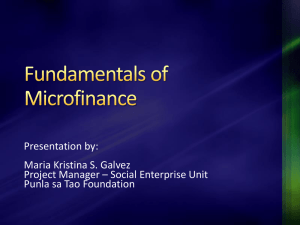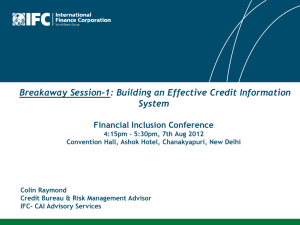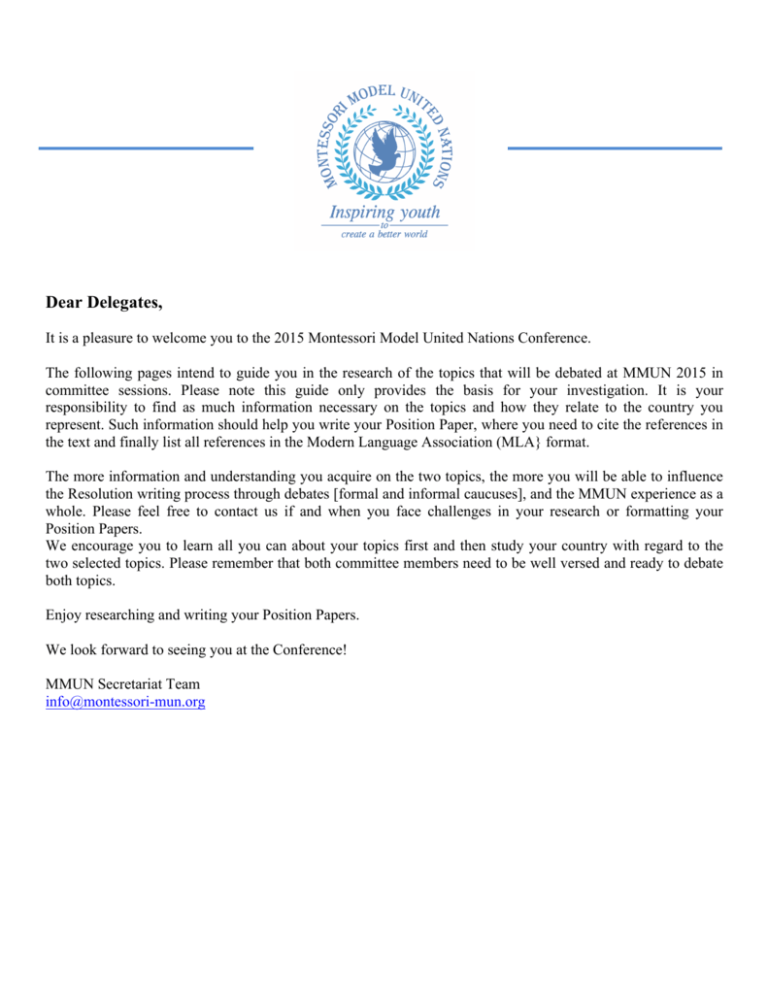
Dear Delegates,
It is a pleasure to welcome you to the 2015 Montessori Model United Nations Conference.
The following pages intend to guide you in the research of the topics that will be debated at MMUN 2015 in
committee sessions. Please note this guide only provides the basis for your investigation. It is your
responsibility to find as much information necessary on the topics and how they relate to the country you
represent. Such information should help you write your Position Paper, where you need to cite the references in
the text and finally list all references in the Modern Language Association (MLA} format.
The more information and understanding you acquire on the two topics, the more you will be able to influence
the Resolution writing process through debates [formal and informal caucuses], and the MMUN experience as a
whole. Please feel free to contact us if and when you face challenges in your research or formatting your
Position Papers.
We encourage you to learn all you can about your topics first and then study your country with regard to the
two selected topics. Please remember that both committee members need to be well versed and ready to debate
both topics.
Enjoy researching and writing your Position Papers.
We look forward to seeing you at the Conference!
MMUN Secretariat Team
info@montessori-mun.org
ECONOMIC AND FINANCIAL
AFFAIRS COUNCIL (ECOFIN)
The Economic and Financial Affairs Council (ECOFIN) is one of the oldest
configurations of the Council of the European Union and is composed of
the economics and finance ministers of the 28 European Union member
states, as well as Budget Ministers when budgetary issues are discussed.
ECOFIN often works with the European Commissioner for Economic and
Financial Affairs and the President of the European Central Bank.
The Council covers a number of EU policy areas, such as economic policy coordination, economic surveillance,
monitoring of Member States' budgetary policy and public finances, the euro (legal, practical and international
aspects), financial markets and capital movements and economic relations with third countries. It also prepares
and adopts every year, together with the European Parliament, the budget of the European Union which is about
€100 bn.
Source: http://en.wikipedia.org/wiki/Economic_and_Financial_Affairs_Council
©Montessori Model United Nations. All rights reserved.
Website: www.montessori-mun.org
Email: info@montessori-mun.org
Microfinance
Although the global community has taken important steps to combat poverty in recent years, 80% of the world’s
population still lives on less than $10 per day, and near 50% on less than $2.50 per day. Although the UN and
other international organizations agree that fighting poverty is key to solving pressing problems such as world
hunger and child mortality, progress remains slow, especially in the developing world. Emerging markets such
as Sub-Saharan Africa and Western Asia continue to suffer from disastrously high rates of extreme poverty, as
do parts of Eastern Europe and Central Asia.
One reason that nations find themselves unable to break the vicious cycle of poverty is the inability of the poor
to access basic financial services. The poor cannot open savings accounts, because they do not have enough
money to meet the minimum balance requirements. The poor also cannot get loans, not only because they don’t
own anything valuable enough to serve as collateral (a possession that the borrower agrees to give the lender if
she cannot repay the loan), but also because major banks do not make small loans of a few hundred dollars.
Because of their inability to access basic financial services, the poor often resort to converting their saved
wealth into small livestock, jewelry, etc. However, these personal possessions can be destroyed, stolen, or
change in market price. In addition, they cannot always be easily converted into cash. When the poor need
loans, they are often forced to borrow from lenders who take advantage of their situation by charging very high
interest rates.
A “microfinance” institution (MFI) is a new kind of bank that offers financial services specifically to the poor.
By providing the poor with a safe place to store small amounts of money, MFI’s help safeguard their wealth
against unexpected economic shocks, such as natural disasters. By making affordable microloans available,
MFI’s allow the poor to start up small businesses that benefit their families and communities. In recent years,
microfinance practices have been the subject of both international praise and political criticism.
While microfinance is still a developing field that UN is closely monitoring, it’s clear that without access to
basic financial services, the world’s poorest citizens will remain economically vulnerable—which is why
increasing microfinance availability in emerging markets is key to fighting poverty.
©Montessori Model United Nations. All rights reserved.
Website: www.montessori-mun.org
Email: info@montessori-mun.org
Past International Action
Thus far, UN resolution 53/197, passed without vote by the General Assembly on
December 15, 1998, remains the most significant UN resolution on microfinance. 53/197 “proclaimed 2005 as
the International Year of Microcredit,” a designation that increased media and government awareness of the
topic.
During the International Year of Microcredit, the United Nations Capital Development Fund (UNCDF) and the
United Nations Department of Social and Economic Affairs (UN DESA), worked together to collect
information on how governments can make microfinance a part of the way they handle the financial needs of
their citizens. The UNCDF and UN DESA analyzed and published this information in, “The Blue Book on
Building Inclusive Financial Sectors for Development,” a guide intended to help nations make decisions about
microfinance policy and strategy.
In addition, during the International Year of Microcredit, the UN sponsored the Global Microentrepreneurship
Awards, which honored the founders of successful microfinanced practices, initiated the Data Project, which
gathered hard data on how MFI’s operate, and encouraged governments to create “national committees” to
discuss microfinance programs.
The information gathered by the UN during the International Year of Microcredit, as well as the work of the
100+ national committees that were created in 2005, supported the work of microfinance institutions such as the
Grameen Bank.
Founded in 1976 by Dr. Muhammad Yunus, who would later be awarded the Nobel Peace Prize in 2006 for his
work in microcredit, the Grameen Bank pioneered the practice of loaning poor women small amounts of money
to start businesses. According to the latest estimates, taken in October 2011, the Grameen Bank’s 2,565
branches serve over 8 million borrowers across Bangladesh. As one of the world’s most successful nonprofit
institutions, the Grameen Bank has long been held in high regard, both locally and internationally.
However, in recent years, the Grameen Bank and other microfinance institutions have been increasingly coming
under attack. Threatened by the popularity and influence of the microfinance sector and its leaders, local
politicians have been pushing for greater government control over lending practices, a move many fear will
destroy the integrity of the banks. After forcing Grameen Bank founder Muhammad Yunus to step down from
his position as managing director last year, the Bangladeshi government is now moving to install a governmentappointed successor in his place. In India, MFI’s have been hit by new regulations that have severely restricted
their ability to lend to the poor. In addition, borrowers are increasingly being encouraged not to repay their
loans by angry politicians, who accuse MFI’s of profiting off of poverty.
©Montessori Model United Nations. All rights reserved.
Website: www.montessori-mun.org
Email: info@montessori-mun.org
Perhaps worst of all, it seems these accusations may be true. The once-shining
reputation of for-profit microfinance institutions has been sullied by rising rates of loan
defaults and increasing reports of suicide by desperate borrowers. In January 2011,
Yunus himself penned a passionate editorial to the New York Times, calling publically traded MFI’s such as
Mexico’s Compartamos and India’s SKS Microfinance “loan sharks,” only interested in making profits for their
shareholders. In the academic community, there is rising doubt as to whether microcredit actually improves the
financial situations of the poor.
While microfinance institutions have so far managed to weather the storm of public opinion, and continue to
offer their financial services in emerging markets worldwide, it’s clear that the programs that currently exist are
far from perfect. There is still much work to be done before the poor can truly begin to benefit from access to
financial services.
Possible Solutions
As the world’s premier forum on economic and social issues, the UN is the logical place to stage an
international debate on microfinance. Its opinion on the topic will hold significant weight with national leaders
and policymakers.
In the past, UN member states have generally been in support of microfinance programs. Lately, however, the
explosive controversies surrounding microcredit have shaken the international community’s confidence, and
although MFI’s still have their fair share of supporters, the tone of the debate has undeniably darkened in recent
years.
As they prepare to represent their nations, delegates should keep in mind the current tensions between national
governments and microfinance institutions. They should also question seriously whether for-profit microlenders
can interact responsibly with impoverished borrowers. Finally, they should consider what the recent high rates
of loan default mean for the sector as a whole.
Microcredit programs, like the nations they serve, are still in a state of rapid development. Although the future
of the industry remains uncertain, it’s clear that microfinance is a tool that has the power to work both great
social good and great social evil. It’s up to you, delegates, to determine whether your nation’s poor will be
uplifted through the transformative power of finance or crushed under the heavy heel of debt.
Further Research
Guiding Questions
1.
Do the poor in your nation have access to basic financial services?
2.
What is your government doing to decrease the percentage of citizens living in extreme poverty?
3.
How has your national position on microfinance evolved in recent years?
©Montessori Model United Nations. All rights reserved.
Website: www.montessori-mun.org
Email: info@montessori-mun.org
Research Sources
•
Kiva’s Introduction to Microfinance:
http://www.kiva.org/about/microfinance
•
The New York Times on Microfinance:
http://topics.nytimes.com/topics/reference/timestopics/subjects/m/microfinance/index.html
•
Grameen Bank: http://www.grameen-info.org/
______________________________________________________________
Shah, Anup. "Poverty Facts and Stats." Global Issues. Global Issues, 20 Sept. 2010. Web. 10 Aug. 2012.
http://www.globalissues.org/article/26/poverty-facts-and-stats.
1 Millennium Development Goal 1 Fact Sheet. New York: UN Department of Public Information, 22 Sept. 2010. PDF.
1 "About Microfinance." Kiva.org. Kiva, n.d. Web. 10 Aug. 2012. http://www.kiva.org/about/microfinance/.
1 "Aren't Poor People Too Poor to Save?" CGAP Frequently Asked Questions. Consultative Group to Assist the Poor, n.d. Web. 10 Aug. 2012.
http://www.cgap.org/p/site/c/template.rc/1.11.947/1.26.1311/.
1 Kristof, Nicholas D. "The Role of Microfinance." Nicholas D. Kristof Blog. The New York Times, 28 Dec. 2009. Web. 10 Aug. 2012.
http://kristof.blogs.nytimes.com/2009/12/28/the-role-of-microfinance/.
1 "What is Microfinance?" CGAP Frequently Asked Questions. Consultative Group to Assist the Poor, n.d. Web. 10 Aug. 2012.
http://www.cgap.org/p/site/c/template.rc/1.11.947/1.26.1302/.
1 United Nations. General Assembly Second Committee. International Year of Microcredit, 2005. N.p., n.d. Web. http://daccess-ddsny.un.org/doc/UNDOC/GEN/N99/769/33/PDF/N9976933.pdf?OpenElement.
1 "Why a Year? - Highlights." International Year of Microcredit 2005. Year of Microcredit 2005, n.d. Web. 10 Aug. 2012.
http://www.yearofmicrocredit.org/pages/whyayear/whyayear_highlights.asp..
1 "Why a Year? - Highlights." International Year of Microcredit 2005. Year of Microcredit 2005, n.d. Web. 10 Aug. 2012.
http://www.yearofmicrocredit.org/pages/whyayear/whyayear_highlights.asp.
1 "Introduction." Grameen Bank. Grameen Bank, 20 Nov. 2011. Web. 12 Aug. 2012. http://www.grameen-info.org/index.php?option=com_content.
1 Press, Associated. "Bangladesh Plans Law Change to Allow Government Appointment of Grameen Bank Managing Director." Washington Post. The
Washington Post, 03 Aug. 2012. Web. 12 Aug. 2012. http://www.washingtonpost.com/business/bangladesh-plans-law-change-to-allow-governmentappointment-of-grameen-bank-managing-director/2012/08/03/0fa66164-dd4b-11e1-8ad1-909913931f71_story.html.
1 Bajaj, Vikas. "15 Years In, Microcredit Has Suffered a Black Eye." The New York Times. The New York Times, 06 Jan. 2011. Web. 12 Aug. 2012.
http://www.nytimes.com/2011/01/06/business/global/06micro.html.
1 Biswas, Soutik. "India's Micro-finance Suicide Epidemic." BBC News. BBC, 16 Dec. 2010. Web. 12 Aug. 2012. http://www.bbc.co.uk/news/world-southasia-11997571.
1 Yunus, Muhammad. "OP-ED CONTRIBUTOR; Sacrificing Microcredit for Megaprofits." The New York Times. The New York Times, 15 Jan. 2011. Web.
12 Aug. 2012. http://www.nytimes.com/2011/01/15/opinion/15yunus.html?_r=1.
1 "Microcredit Doesn't End Poverty, Despite All the Hype (Washington Post)." : Center for Global Development : Article. N.p., n.d. Web. 12 Aug. 2012.
http://www.cgdev.org/content/article/detail/1426025/.
1
©Montessori Model United Nations. All rights reserved.
Website: www.montessori-mun.org
Email: info@montessori-mun.org

